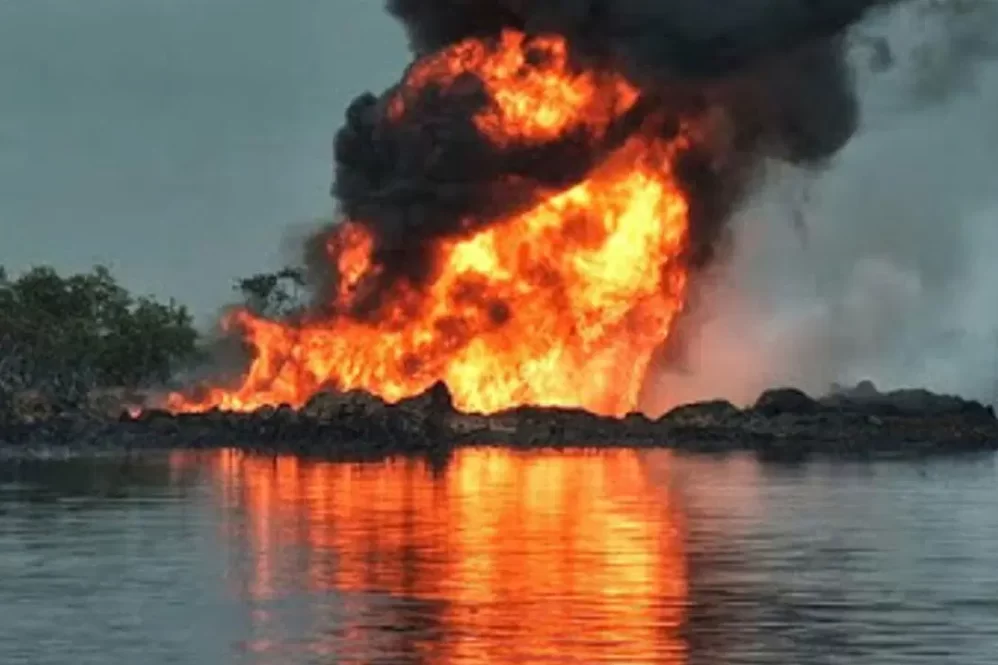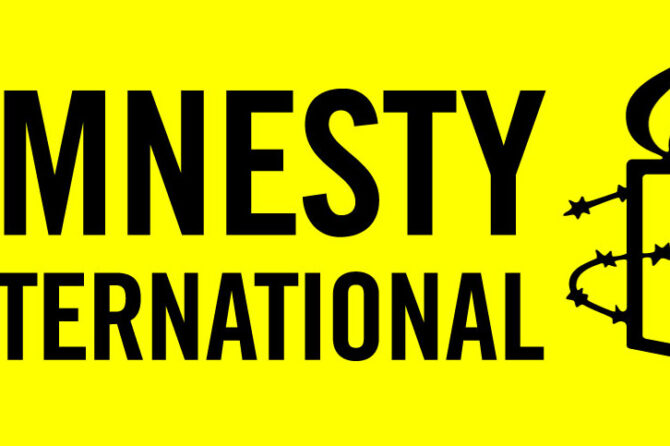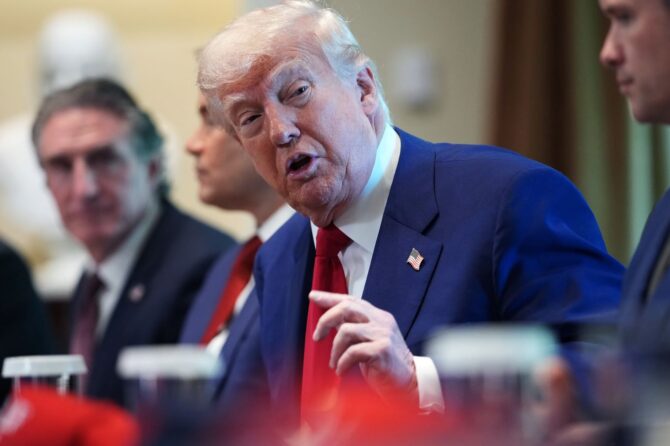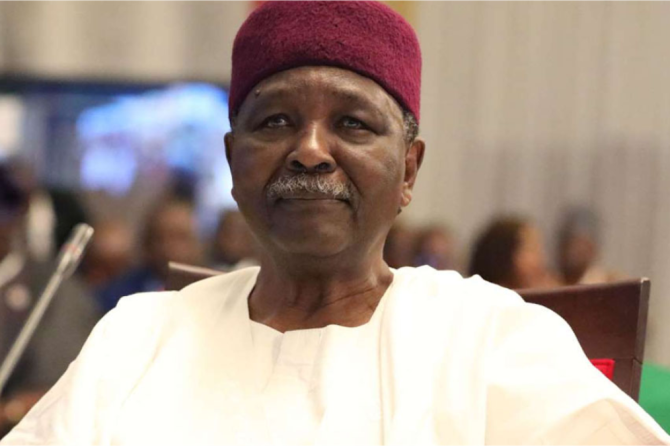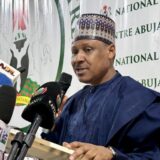Nigeria’s Exploding Oil Pipelines Spark National Political Crisis
ABUJA — A series of explosions and fires on Nigeria’s oil and gas pipelines over the past week have escalated into a full-blown political crisis, with President Bola Tinubu’s emergency rule in Rivers State drawing sharp criticism and accusations of overreach. The incidents, which have disrupted oil production and raised fears of ecological damage, highlight the fragility of Nigeria’s energy infrastructure and the deepening tensions in its oil-rich Niger Delta region.
The Pipeline Explosions
- Trans-Niger Pipeline Blast:
- Date and Location: On March 18, 2025, an explosion and fire occurred on the Trans-Niger Pipeline (TNP) in Rivers State, a critical artery for transporting crude oil from onshore fields to the Bonny export terminal.
- Impact: The blast forced the shutdown of the pipeline, which has a capacity of 450,000 barrels per day, and raised concerns about potential ecological damage.
- Cause: While the exact cause remains under investigation, sabotage by militant groups or oil thieves is suspected. Two suspects were detained for questioning.
- Soku Gas Pipeline Fire:
- Date and Location: On March 23, a gas pipeline along the Soku-Abua-Rumuji route in Rivers State caught fire, marking the third such incident in a week.
- Impact: The Soku facility is critical for supplying gas feedstock to Nigeria’s liquefied natural gas (LNG) plants. The fire disrupted operations and heightened fears of further attacks.
- Other Incidents:
- Additional fires and explosions were reported at other oil and gas facilities in the Niger Delta, though details remain scarce.
President Tinubu’s Emergency Rule
In response to the escalating violence and pipeline sabotage, President Tinubu declared a state of emergency in Rivers State on March 19, suspending Governor Siminalayi Fubara, his deputy Ngozi Odu, and the State Assembly. Retired Vice Admiral Ibok-Ete Ibas was appointed as sole administrator to oversee the region.
The move has sparked widespread controversy:
- Opposition Criticism: The Peoples Democratic Party (PDP) accused Tinubu of overreach and filed a lawsuit challenging the constitutionality of the emergency rule.
- Public Protests: Residents of Rivers State have staged demonstrations, with some supporting the intervention and others condemning it as an attack on democratic governance.
- Militant Threats: Militant groups in the Niger Delta have threatened further attacks on oil infrastructure unless their demands for greater resource control are met.
Economic and Ecological Fallout
The pipeline explosions have significant implications for Nigeria’s economy and environment:
- Oil Production Disruptions: The shutdown of the TNP and other facilities has disrupted crude oil exports, which account for over 90% of Nigeria’s foreign exchange earnings.
- Revenue Losses: Nigeria loses billions of dollars annually to pipeline sabotage and oil theft, exacerbating its economic challenges.
- Ecological Damage: Oil spills and fires have polluted farmland, rivers, and waterways, threatening the livelihoods of local communities.
Political and Security Implications
The crisis has deepened Nigeria’s political and security challenges:
- Federal-State Tensions: The emergency rule has reignited debates over resource control and the balance of power between the federal government and states.
- Militant Activity: The Niger Delta remains a hotbed of militant activity, with groups demanding a greater share of oil revenues and environmental justice.
- Investor Confidence: The instability has deterred foreign investment in Nigeria’s oil and gas sector, further hampering economic growth.
What’s Next?
As investigations into the pipeline explosions continue, the focus will be on restoring stability and addressing the root causes of the crisis. Key steps include:
- Strengthening security around oil and gas infrastructure.
- Engaging with local communities and militant groups to address grievances.
- Diversifying Nigeria’s economy to reduce dependence on oil revenues.
The outcome will shape Nigeria’s political and economic trajectory in the coming years.


